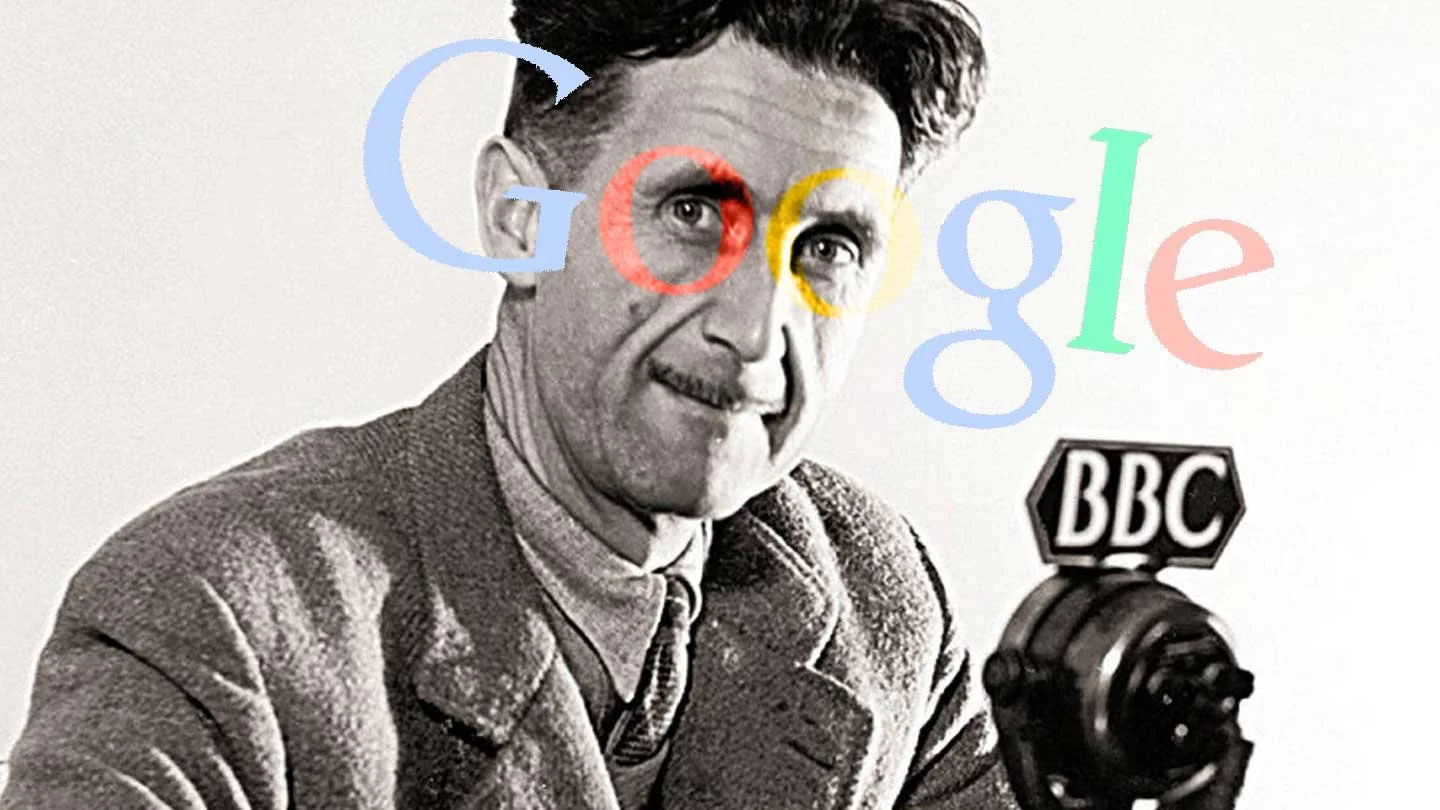What Would Orwell Say About Today’s Surveillance?
The anti-totalitarian writer’s nightmare wasn't a tyrannical government, but a willing populace giving up its privacy for convenience.
Orwell's Nightmare: Not a Tyrannical Government, but a Willing Populace
My former employer, The Economist, recently ran a cover story on the very topic I wrote about just a couple of months ago: ubiquitous surveillance. It got me thinking about how we got here and what the great anti-totalitarian writer, George Orwell, would make of it all. Orwell's masterpiece, 1984, painted a chilling picture of a society under the constant, watchful eye of the state. But today, we live in a democratic, freedom-loving, capitalist age, yet our lives are under surveillance that is arguably just as widespread. Is this a contradiction? What's the difference between Orwell's vision and our reality?
A lot of the difference comes down to the source. Orwell imagined surveillance as a top-down, state-driven tool of control. The telescreen, a two-way device that watched citizens in their homes, was a symbol of the state’s absolute power. Today, the impetus for surveillance came from the private sector. Companies like Facebook, Google, and Twitter gave us tools we love and use every day, and in doing so, they've created an unprecedented data-gathering infrastructure. The revelation that governments are tapping into this data hasn't really shaken the public's confidence, which suggests that the presence of these "much-loved internet companies" gives people a false sense of security.
Another key difference is the role of data. In 1984, there was a serious lack of information. The state controlled all books and historical records to ensure only approved information was available. The conflict was between Winston Smith's need for information and the state's reluctance to provide it. Today, we are in the opposite situation. We have unprecedented access to data, and this abundance of information makes us confident we aren't living in a totalitarian society. After all, history teaches us that evil, freedom-hating regimes burn books, they don’t make information more accessible.
The irony, of course, is that by consuming and creating all this data, we leave a trail that gives others the means to control us. Unlike Winston Smith, who desperately clung to his privacy, we are happily handing over our data. We've gone from equating privacy with freedom to associating it with suspicion and crime. The "anarchist hackers" who say "information wants to be free" are living a twisted version of Jeremy Bentham's "Pan-opticon" – the model prison where wardens could see everybody all the time. In our society, we are all on display, and we've willingly put ourselves there.
The parallels to Orwell's concept of thought crime are also chilling. In 1984, the state's fear of independent thought led to the persecution of people for their mental attitudes, not just their actions. This is reminiscent of the arguments made by Big Data proponents, like Kenneth Cukier. He discusses how data correlation can discover patterns and predict behavior, raising the possibility that police could arrest people before they've even committed a crime based on a statistical likelihood that they might. The crime would be not yet committed, but the police would act against you anyway. This is the ultimate degradation of individual thought and freedom.
Perhaps what's happening today is that by plugging billions of people into the Internet, we're creating a radically different kind of society. It's a society where we willingly trade our privacy for convenience and where our individual freedoms are being subsumed into something akin to an insect society, where the individual is less important than the intelligence of the swarm. It's a terrifying thought, and one I think Orwell would find to be the most frightening totalitarianism of all. It’s not a boot stamping on a human face, but a willing populace marching, one click at a time, into a panopticon of their own making.

